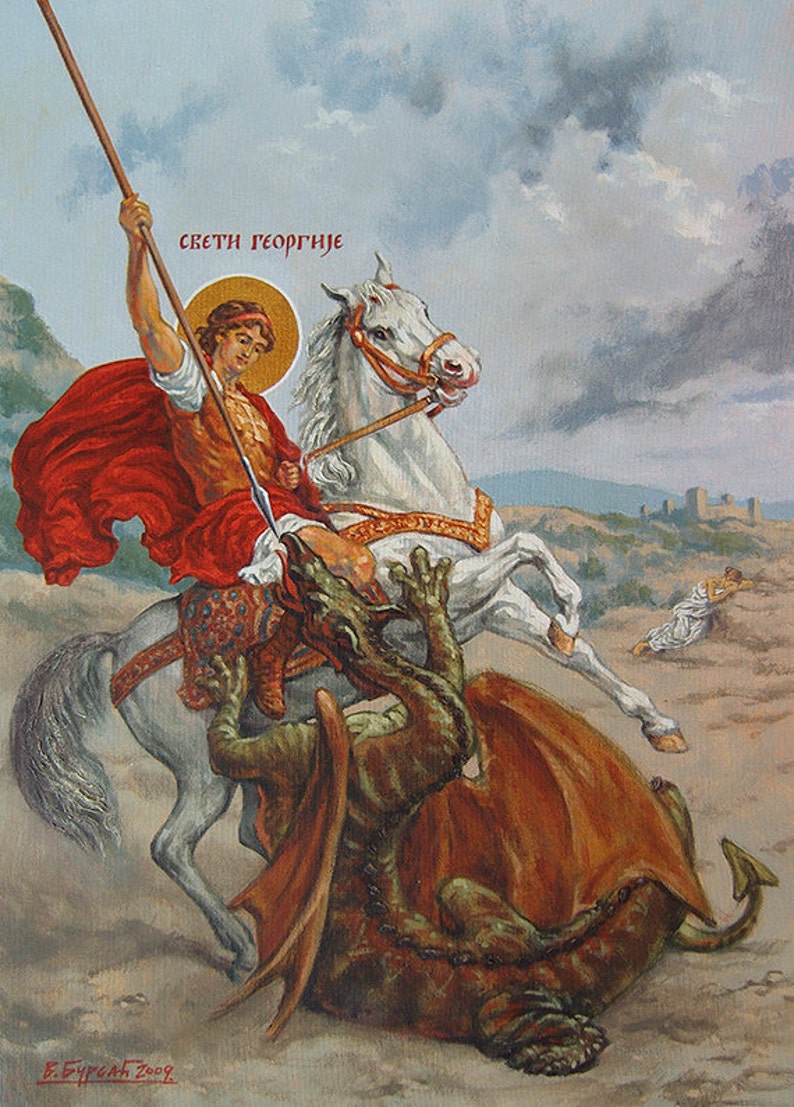
The Paladin is a sub-class of Fighter in Advanced Dungeons & Dragons 1st Edition (AD&D1e). Thought it retains certain abilities that the pure Fighter possesses, it trades a lot of flexibility in return for increased potency against supernatural threats.
Based on the legends of historical knights possessed of both Christian and Chivalric virtue, the Paladin--a name taken from Charlemange's companions, in emulation of Palatine Hill in Rome--is long considered a class for classic knighthood.
It has also been the source of a lot of drama because far too many people just can't get their heads, their egos, or their spirits around the idea of something rooted in Christian legendarium being a legitimate thing. This has been an issue for so long that it's been parodied in fan media.
They should look at what it does to see what its role is.

Like the Ranger, the Paladin is a class constrained by an ethos centered around an Alignment restriction. Like the Ranger, these additional features require higher standards (abstracted by its qualification requirements, PHB p. 22) and longer training time (DMG p. 24) for a fresh 1st level Paladin.
Like the Ranger, the Paladin has restrictions on portable wealth that is in line with its mission and has restrictions on whom he associates with. He also cannot attract hired soldiers automatically as a Fighter can, but--being a Fighter sub-class--can still stand in as a Serjeant, Lieutenant, or Captain and he can hire men normally (as if he were a Cleric, Thief, Magic-User, etc.) to lead.
His features are focused around detecting evil, withstanding it, destroying it, and recovering from that damage it does. He is a monster hunter. If the Cleric is "Van Hellsing: The Class" then the Paladin is Saint George.
A Paladin should be focused on seeking out monster lairs and putting them to the sword. As monster lairs tend to coincide with criminal groups, demonic cults, and evil religions it is no surprise that Paladins tend to become crusaders since the core threat overlaps with so many others that benefit from the presence of monsters in some form or another. It's a short step from making this observation to making the observation that supporting the suppression of his core mission target means suppressing the rest, all of which promotes the conditions needed for Civilization and Virtue to become dominant in a realm.
That's before mentioning an explicit religion. Once we do, there's little reason for excluding Christianity from the game if Paladins are present; one does not turn Saint George into a class and then say the religion he comes from isn't legitimate for play.

As the Fighter goes from warband boss to king by his own hand, so does the Paladin go from knight-errant to crusader lord. There is no prohibition against the Paladin staking out a stronghold at higher levels, or forming a personal army; it is clear that his mission as a monster hunter dovetails that of the Ranger, and the two classes work well together as they are complimentary: the Ranger clears the way, and the Paladin secures the land.
The meme regarding the Paladin as Lawful Stupid is a mean-spirited one fostered in bad faith and it needs to die. No one but the wicked objects to righteous monster hunters clearing the land of predators- especially the undead, the demonic, and the unnatural. You won't go wrong by focusing your Paladin on that core mission, and Referees benefit by ensuring that this mission can be fulfilled.
No comments:
Post a Comment
Anonymous comments are banned. Pick a name, and "Unknown" (et. al.) doesn't count.